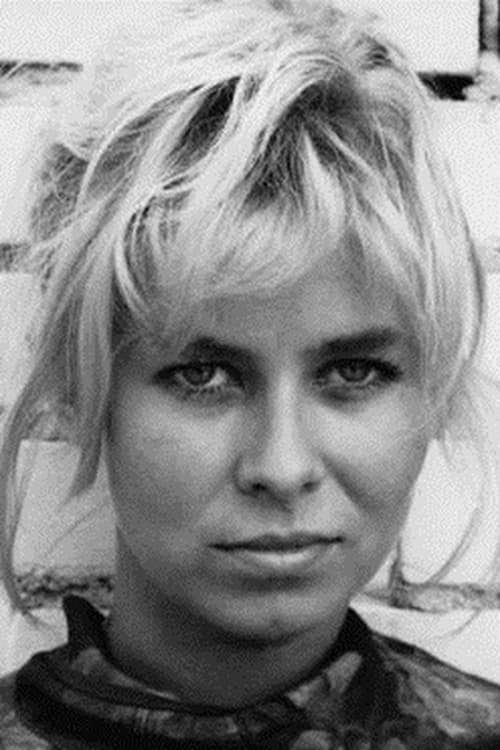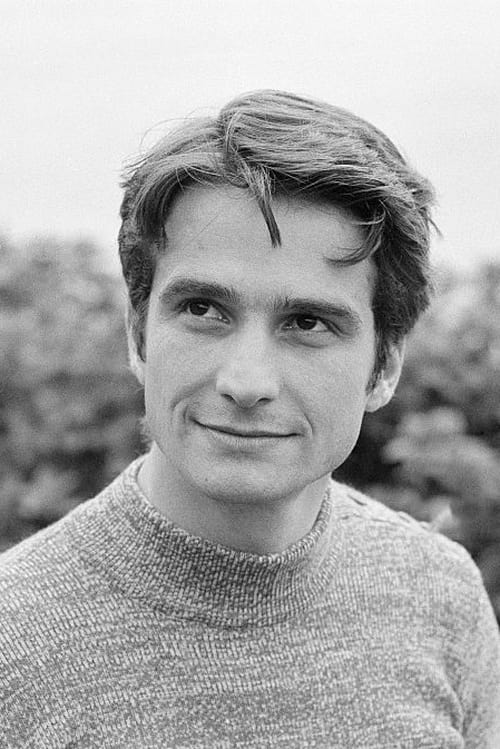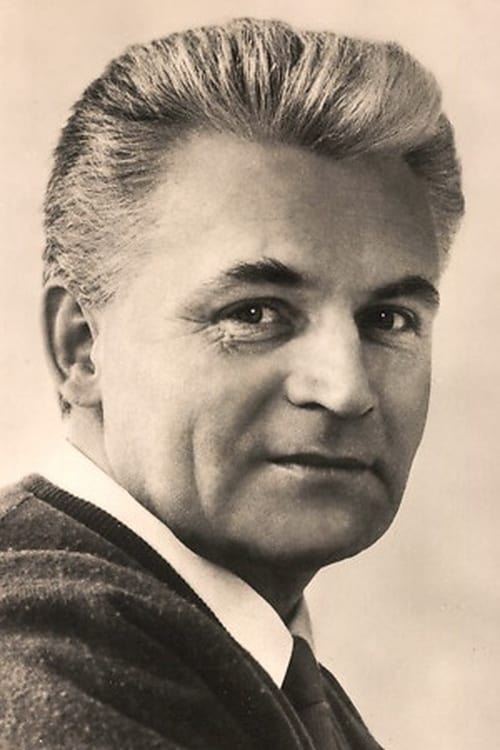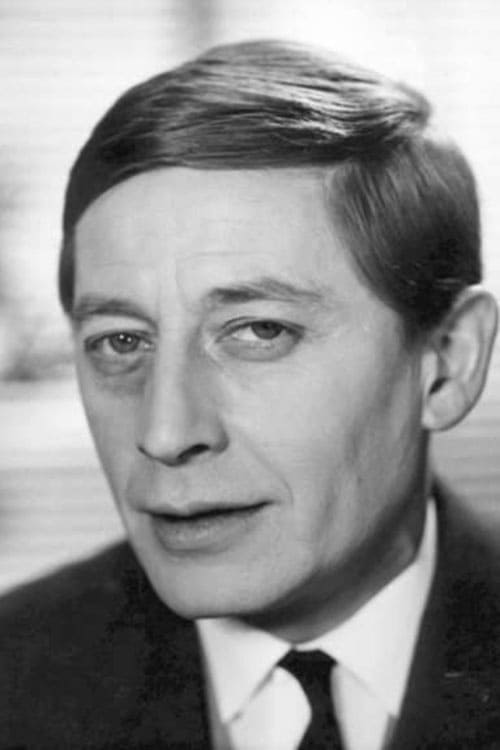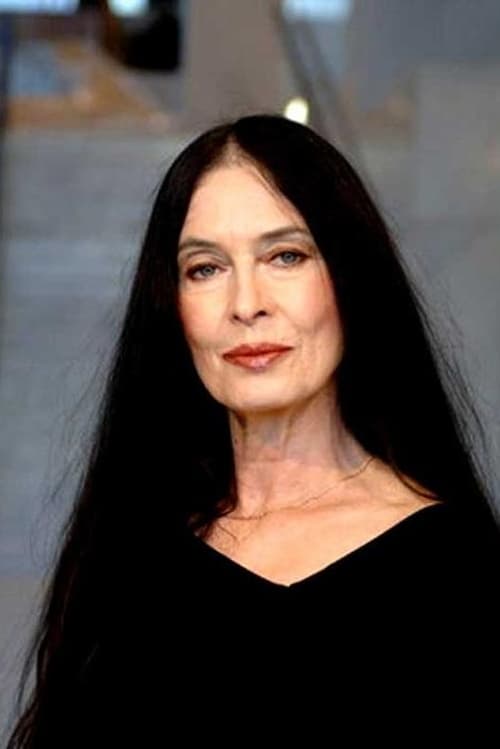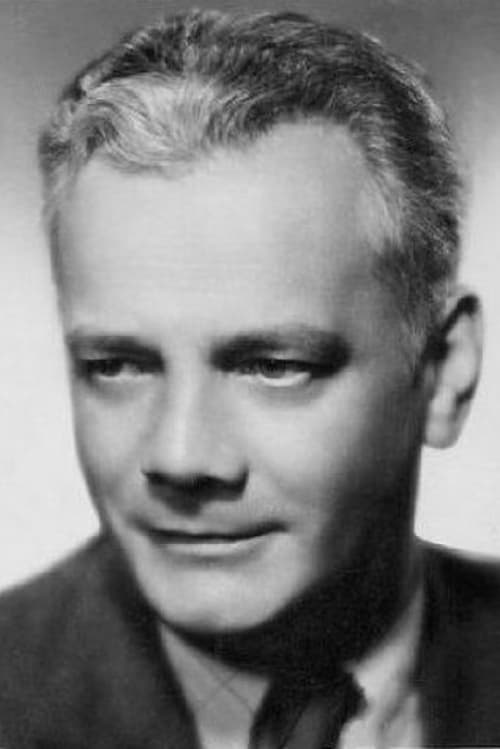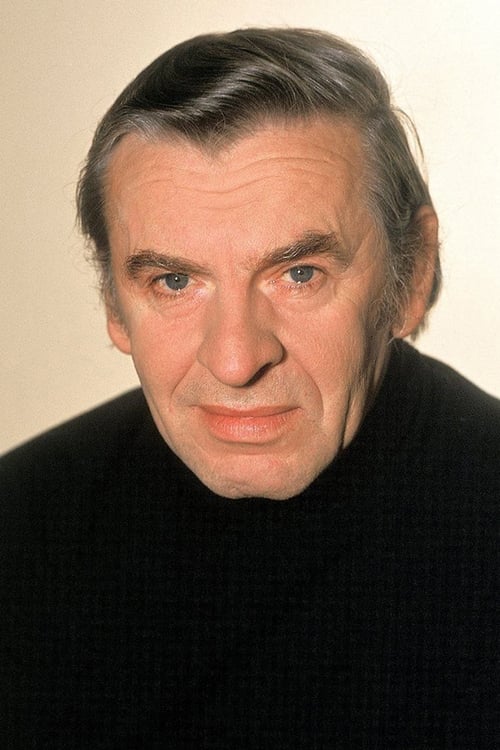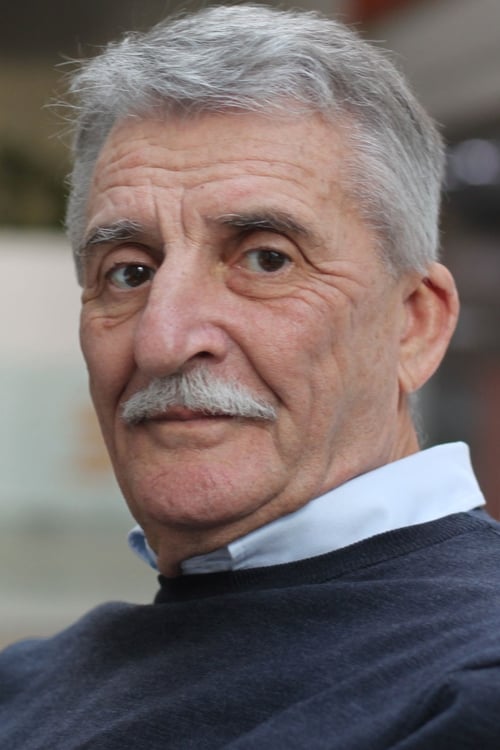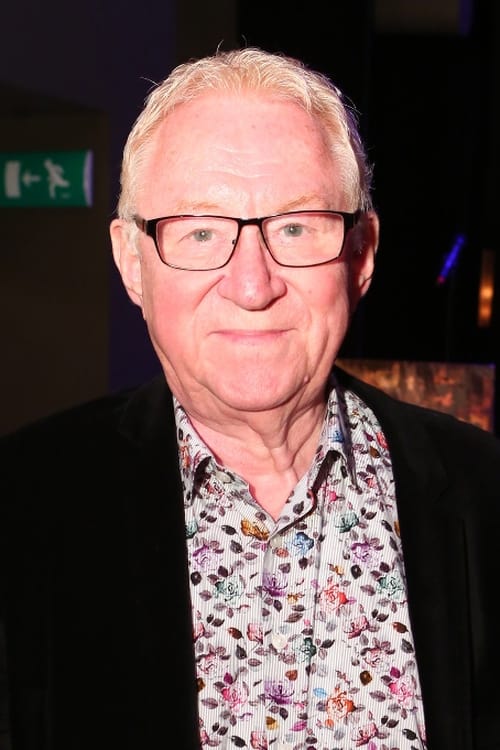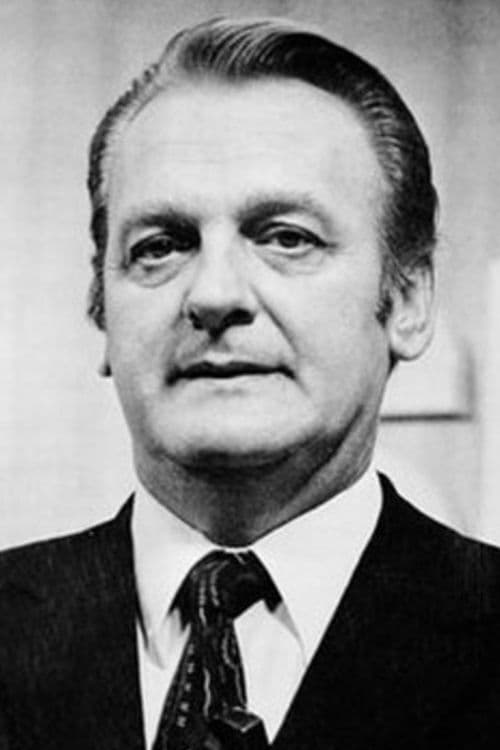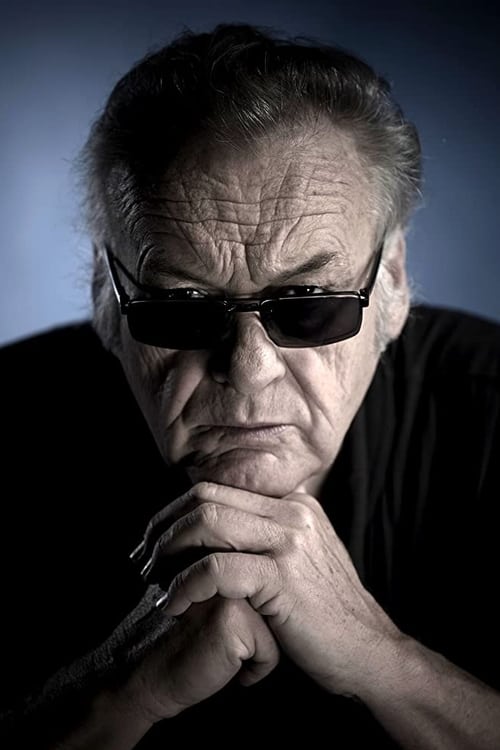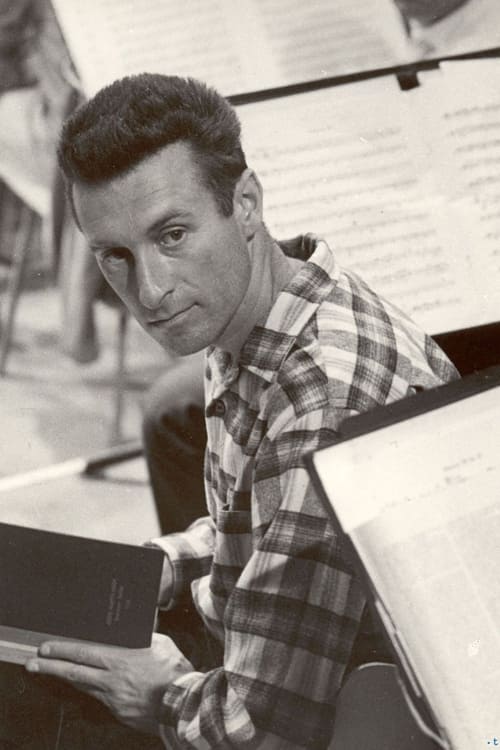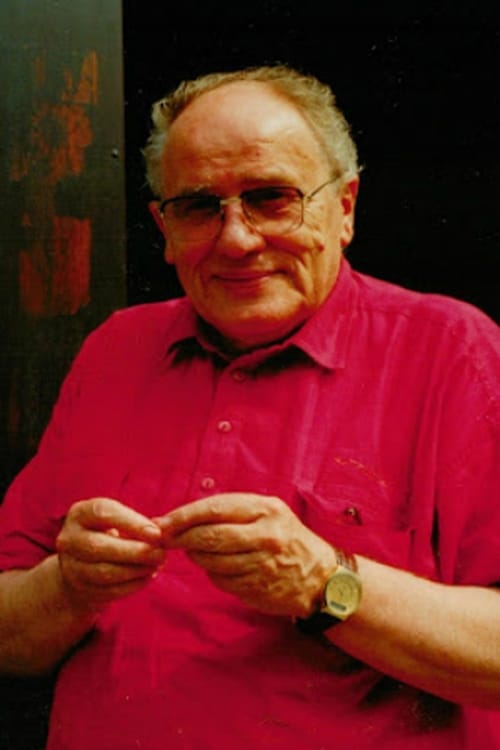Dialogue 20-40-60 (1968)
ジャンル : ドラマ, コメディ
上映時間 : 1時間 18分
演出 : Jerzy Skolimowski, Peter Solan, Zbyněk Brynych
脚本 : Jerzy Skolimowski, Peter Solan, Zbyněk Brynych
シノプシス
"Using the same, three times repeating dialogue – dramatic conversation between man and woman – Jerzy Skolimowski from Poland, Slovak director Peter Solan and Czech director Zbynìk Brynych shot three different stories. The result was an extraordinary experiment in the world cinema, which we can call an insight in the relationships of men and women of different age groups, an analysis of love and marriage of those who are at the beginning, in the middle or going towards the end of their life."
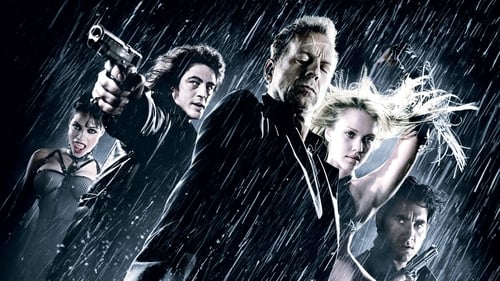
醜い容姿のため孤独である、仮出所中の犯罪者マーヴは一夜をともに過ごした売春婦ゴールディに惚れるが、彼女を殺され、犯人に復讐すべく立ち上がる。逃亡中の犯罪者ドワイトは、警官が殺された事件で売春婦たちが疑われないよう一肌脱ぐ。正義漢だが相棒に裏切られ、無実の罪で投獄されたハーティガン刑事は8年後、刑務所を出所。愛する少女ナンシーを守るための戦いへ。
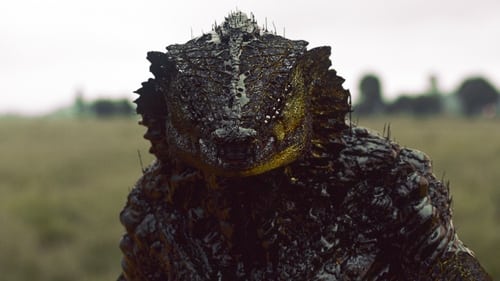
A compilation of shorts, diverse experimental content and more weird stuff spread directly from the devious mind of the South African film director Neill Blomkamp. Includes: Rakka, Firebase, Zygote, Kapture-Fluke, Cooking with Bill, Praetoria, God and Gdansk.
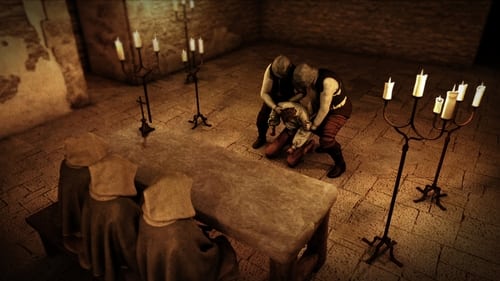
Five tales by Edgar Allan Poe come to life thanks to a pictorical style animation, five tales that exude madness, pestilence, murder and torture.
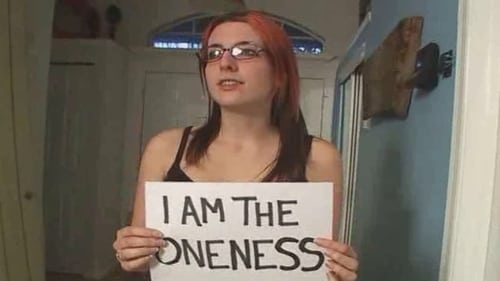
The Pollard family is calmly discussing their impending death by atom bomb when Mrs. Pollard recounts a dream in which she sensually bathes herself in the “Tears of Neglected Children”.
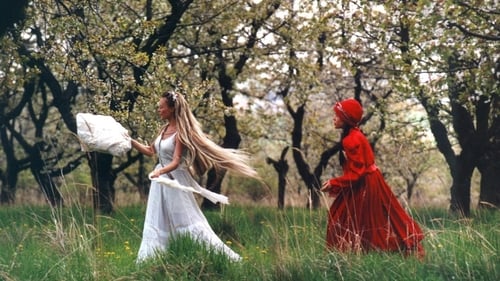
Seven seemingly unconnected fairy tales - glued together only by folklore, mood, color and light - make up this Czech collection of visual poetry. The original piece of literature, written by Karel Jaromír Erben in 1853, contained twelve tales.

Siblings find their dead uncle's secret stash VHS tapes. The tapes feature sick solicitors, gruesome dares, patricide, demonic technology, monstrous fruit and many more horrors. As they eagerly watch each of these shocking, bizarre, comedic and bloody movies, little do they know that they are conjuring something very ghoulish and gruesome. In the tradition of horror anthologies like V/H/S.

A puppet, newly released from his strings, explores the sinister room in which he finds himself.
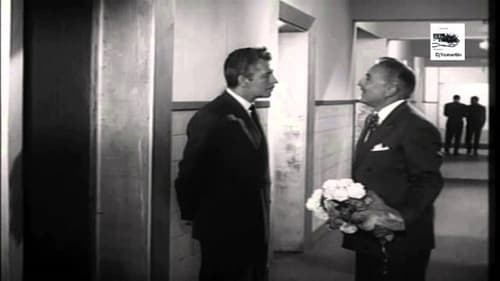
This film tells several short stories that end up lapsing in the emergency room of a hospital, because it is dedicated to nurses. Cantinflas appears at the end of the film playing the role of Luis, a man who has five daughters and looks forward to a boy, but fate plays a trick and the child dies at birth, but history gives a nice twist and a message of hope.
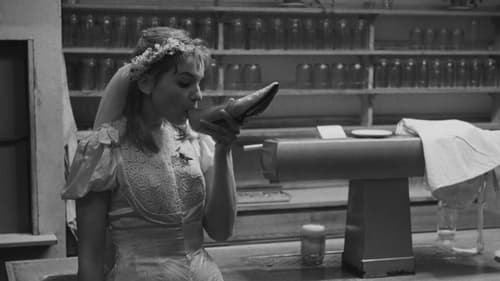
A manifesto of sorts for the Czech New Wave, this five-part anthology shows off the breadth of expression and the versatility of the movement’s directors. Based on stories by the legendary writer Bohumil Hrabal, the shorts range from the surreally chilling to the caustically observant to the casually romantic, but all have a cutting, wily view of the world.

In this antological film, four fairy tales from the book by Jan Werich, each one by a different director.
Břetislav Pojar directs the story of Thumbelina, Aurel Klimt "The Hunchbacks of Damascus", Vlasta Pospíšilová "Three Sisters and a Ring" and Jan Balej close the film with "The Sea, Uncle, Why is it Salty?".

As Boys On Film reaches the end of its teenage years, we take a look at those unique boys who go one step further, who excite, invigorate, and always impress, who break boundaries, shape their worlds and are more than what they appear. Volume 19: No Ordinary Boy includes ten complete films: Scott T. Hinson's "Michael Joseph Jason John" also starring Eric Robledo… Abhishek Verma's animated "The Fish Curry"… Dean Loxton's "Meatoo" starring Calum Speed and Warren Rusher… Amrou Al-Kadhi's "Run(a)way Arab" also starring Ahd and Omar Labek… Jannik Splidsboel's "Between Here & Now" starring Francesco Martino and Peder Bille… Jake Graf's "Dusk" starring Elliott Sailors, Sue Moore, and Duncan James… Ben Allen's "Blood Out Of A Stone" starring Alex Austin and Oisín Stack… David Färdmar's "No More We" starring Jonathan Andersson and Björn Elgerd… Leon Lopez's "Jermaine & Elsie" starring Marji Campi and Ashley Campbell… and Marco Alessi's "Four Quartets" with Laurie Kynaston.

Five directors tackle five short stories playfully tied together in one dark, twisted, humorous film about what goes on behind the door of room 316.

May 1945. On the outskirts of Prague, ordinary people meet Soviet soldiers-liberators with tears of joy in their eyes. In the early days of the lull, someone sadly recalls a pre-war life; someone unexpectedly meets his love; someone is returning from enemy dungeons looking hopefully into the future; and someone, having moved from a tank into a Czech tram, warmly recalls his craft as a car driver... These days, all those who survived the Great War fire swear an oath to keep peace on Earth forever, honoring the memory of those who gave their lives for simple human happiness.

This three-part ballad, which often uses music to stand in for dialogue, remains the most perfect embodiment of Nemec’s vision of a film world independent of reality. Mounting a defense of timid, inhibited, clumsy, and unsuccessful individuals, the three protagonists are a complete antithesis of the industrious heroes of socialist aesthetics. Martyrs of Love cemented Nemec’s reputation as the kind of unrestrained nonconformist the Communist establishment considered the most dangerous to their ideology.
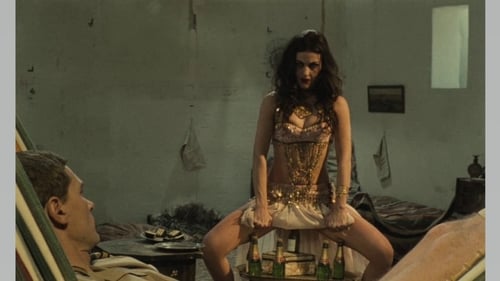
Hamdias, a producer who's set out to break new boundaries, plans to finance a film about torture. According to him, torture, the clash of two or more people, is not only what substantiates basic human relationships but also love and politics. Unfortunately Hamdias dies in a freak accident and his project is grounded. After some time, Galai (Olga Karlatos), who should have been the main actress of Hamdias movie, sets out to complete the controversial project. As soon as filming starts again, the thin line that separates reality from a nightmarish obsession begins slowly to blur.
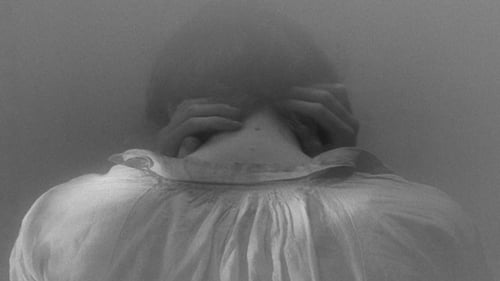
A woman sits alone on a chair at a table in a room on one of the top floors of an asylum. Bright spot lights dot the night, sometimes shining on her window. She sharpens pencils and writes on a page in a copy book. The pencil point often breaks under her fingers' force. She places broken points outside the window on the sill. A satanic figure is somewhere nearby, animated but of straw or clay, not flesh. She finishes her writing, tears the paper from the pad, folds it, places it in an envelope, and slips it through a slot. Is she writing to her husband? "Sweetheart, come." Written by


The Darkness of Day is a haunting meditation on suicide. It is comprised entirely of found 16mm footage that had been discarded. The sadness, the isolation, and the desire to escape are recorded on film in various contexts. Voice-over readings from the journal kept by a brother of the filmmaker’s friend who committed suicide in 1990 intermix with a range of compelling stories, from the poignant double suicide of an elderly American couple to a Japanese teenager who jumped into a volcano, spawning over a thousand imitations. While this is a serious exploration of a cultural taboo, its lyrical qualities invite the viewer to approach the subject with understanding and compassion.

"Using the same, three times repeating dialogue – dramatic conversation between man and woman – Jerzy Skolimowski from Poland, Slovak director Peter Solan and Czech director Zbynìk Brynych shot three different stories. The result was an extraordinary experiment in the world cinema, which we can call an insight in the relationships of men and women of different age groups, an analysis of love and marriage of those who are at the beginning, in the middle or going towards the end of their life."
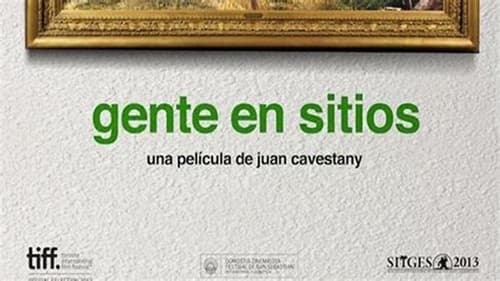
A fragmented view of contemporary Spain, drawing conclusions about the persistence of the human condition, strangeness, and the chaos within relationships.
